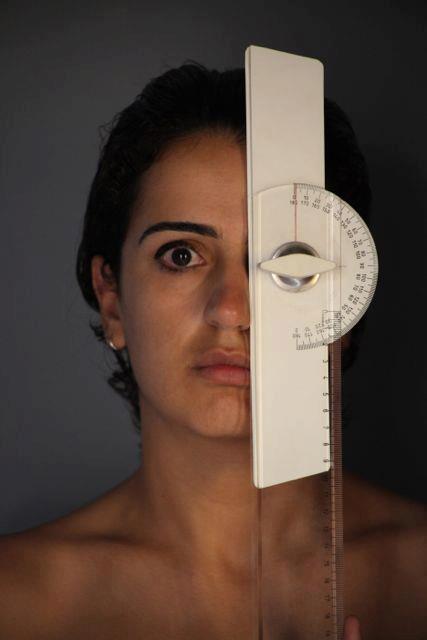RAMADI: Blasts in central and western Iraq killed 30 people and wounded the Anbar provincial governor on Wednesday, the latest in a series of attacks in recent months against government targets in Iraq.
The worst violence struck the western city of Ramadi, where 23 people were killed and 30 were wounded in coordinated bombings, blamed on Al-Qaeda amid collusion from the security forces, at the governor’s offices in the center of Anbar’s provincial capital.
Governor Qassim Mohamed Abid was among the wounded, while senior security officials were also killed and injured. Around 20 cars were destroyed in the blasts.
The first attack struck near a security checkpoint at a junction leading to the governorate offices in central Ramadi at around 9:30 am (0630 GMT).
About a half hour later, Abid and senior provincial security officials, who were in the offices, went outside to check on the situation.
“A suicide bomber wearing an army uniform ran towards the governor, police Captain Ahmed Mohamed Al-Dulaimi told AFP.
“Some security people held him back, and he detonated himself.
The attack killed the compound’s security chief Colonel Mahmoud Al-Fehdawi, as well as wounding Abid and Anbar deputy police chief Colonel Abbas Mohamed Al-Dulaimi.
Anbar Deputy Governor Hekmat Khalaf Zaidan said Abid had been flown to Baghdad for treatment, and added that the governor was in “mostly stable condition.
He blamed Al-Qaeda and the security forces for the attack, telling AFP: “I am astonished by the weakness of the security forces, which have been infiltrated.
“Those who carried out this terrorist attack were the intruders and extremists, he added, referring to Al-Qaeda. “Those who want bad things for this country, collaborating with the infiltrated security forces.
The US military declined to confirm reports by Ramadi General Hospital that American troops took the provincial governor to a US-run hospital for treatment, when contacted by AFP.
No vehicles were allowed to enter or leave Ramadi in the aftermath of the attacks.
Wednesday’s attacks were the latest coordinated bombings to hit government targets in Iraq in recent months, after similar blasts struck Baghdad in August, October and December, killing around 400 people.
The Baghdad attacks, which also wounded around 1,500 people, sparked public anger and spurred parliament to call in Prime Minister Nouri Al-Maliki for questioning.
Maliki has built his reputation on bringing security to Iraq, which was nearly engulfed by sectarian bloodshed in 2006 and 2007, and is aiming to retain his post in parliamentary elections on March 7.
The coordinated attacks in Ramadi on Wednesday also mirrored bombings in the city on Oct. 11, when 19 people were killed and more than 80 wounded.
Ramadi, 100 kilometers (65 miles) west of Baghdad, was a key insurgent base in the aftermath of the US-led invasion of 2003.
But since 2006, local Sunni tribes have sided with the US military. Daily violence has dropped dramatically as Al-Qaeda fighters have been ejected from the region.
Also on Wednesday, seven people were killed and 20 others were wounded, including a senior police officer, when an explosion struck a Shia procession outside the central Iraqi city of Baquba.
Among the wounded from the blast in the town of Khales, 65 kilometers (40 miles) northeast of the capital, was the town s police chief Colonel Shaker Al-Zuhali, Diyala provincial Deputy Governor Sadiq Al-Mussawi said.
Worshippers were taking part in Ashoura commemoration ceremonies, which continue for 40 days after the climax of Ashoura, which this year fell on Dec. 27.
Although attacks have dropped markedly across the country compared to last year, violence remains high by international standards.
And while November saw the fewest deaths from violence of any month since the invasion, December has seen significantly higher death tolls.
